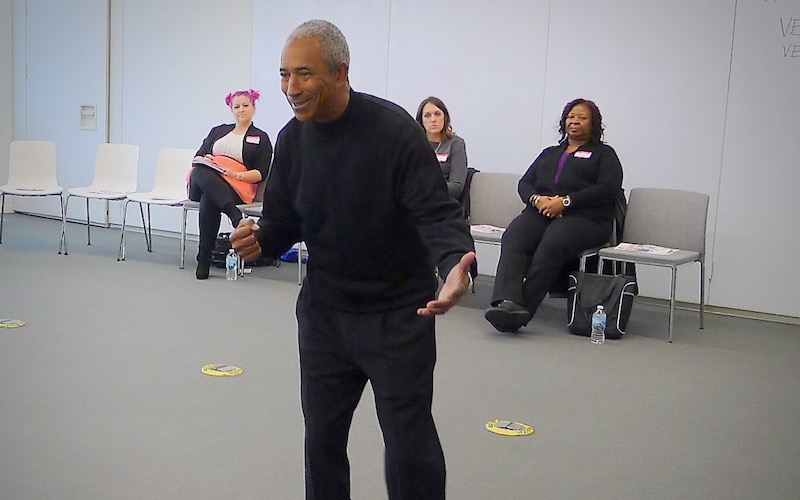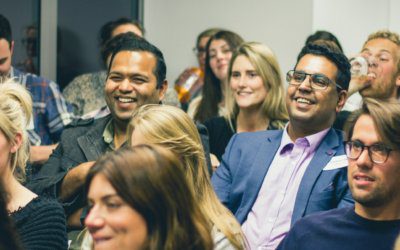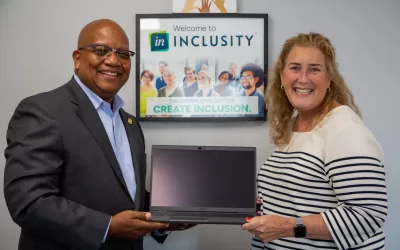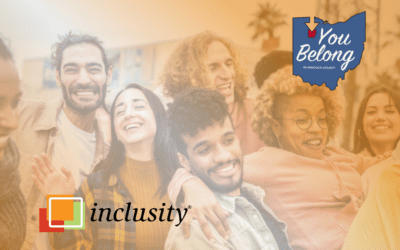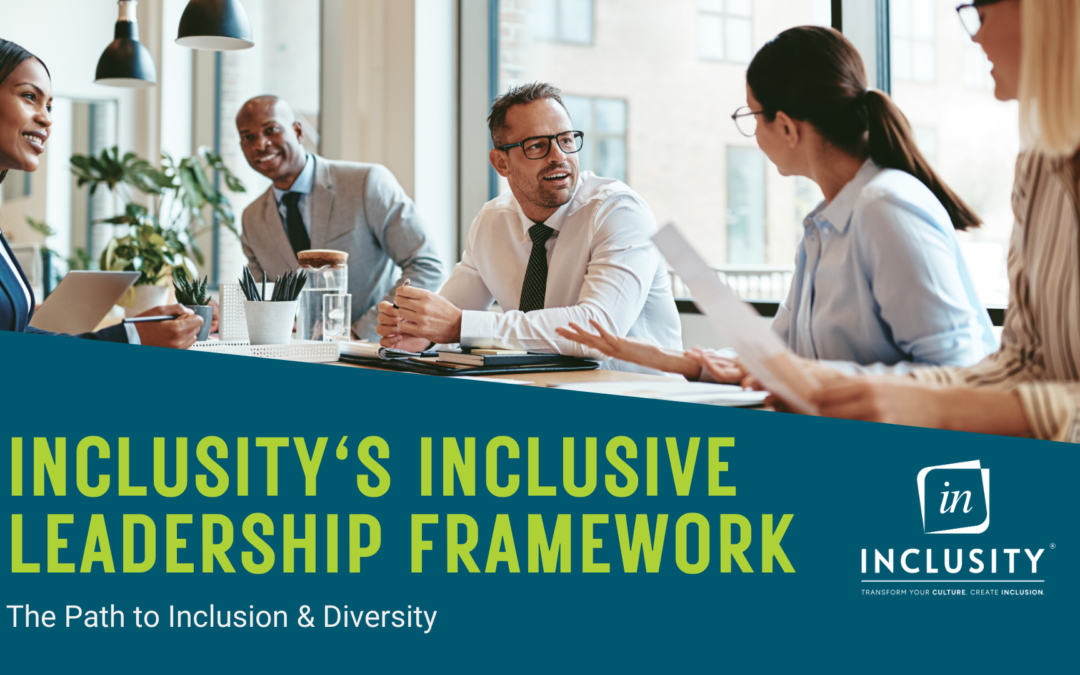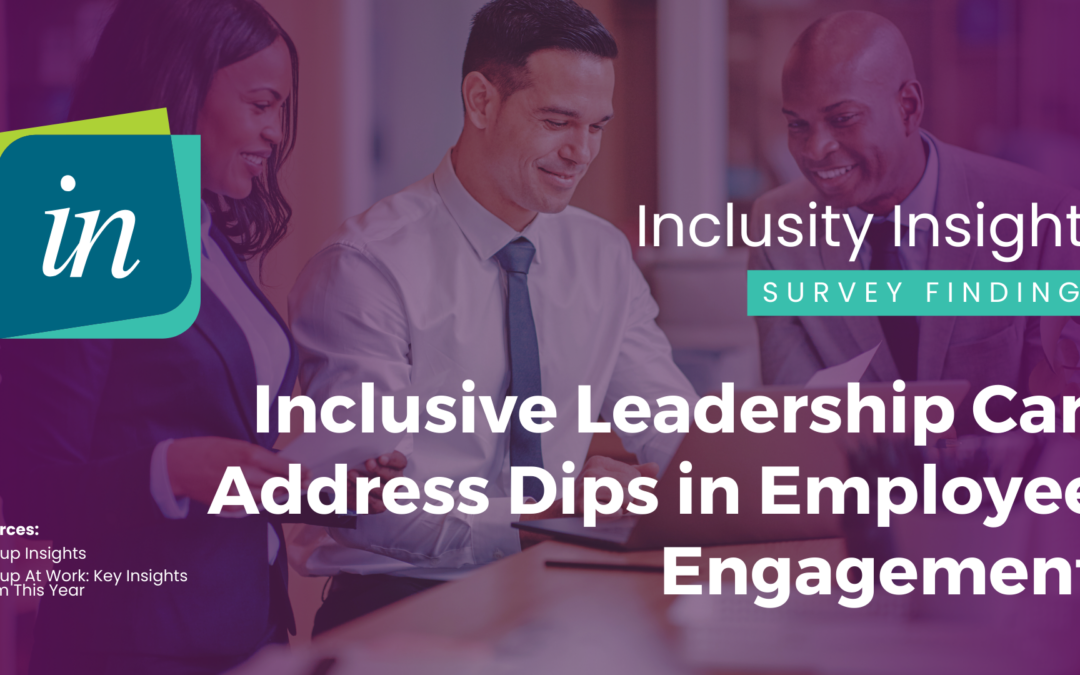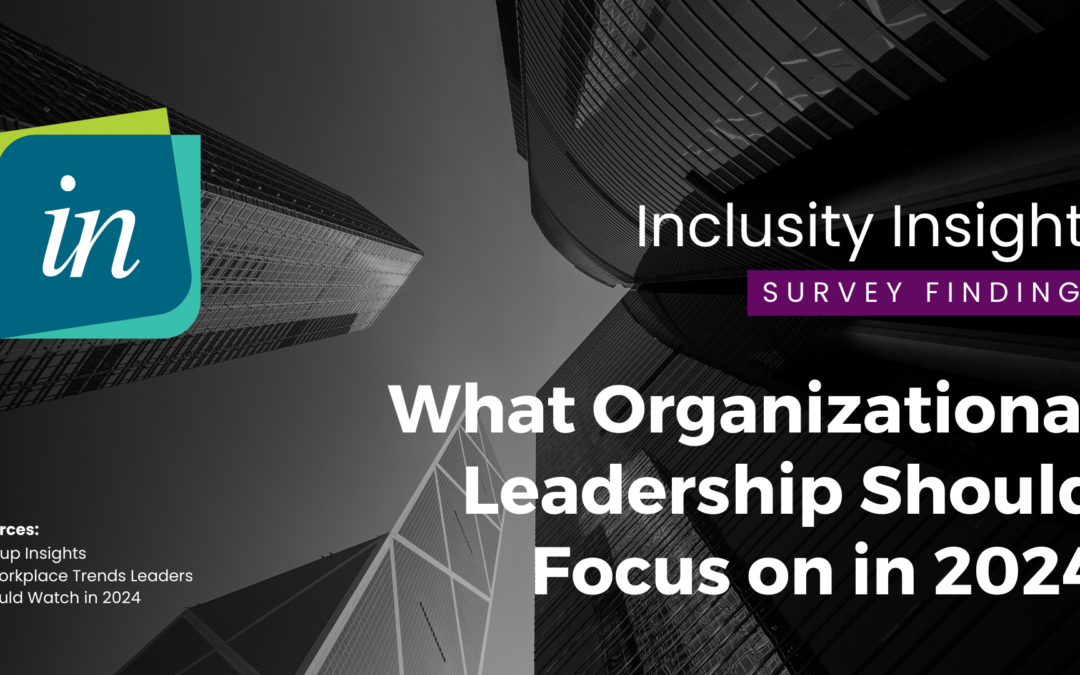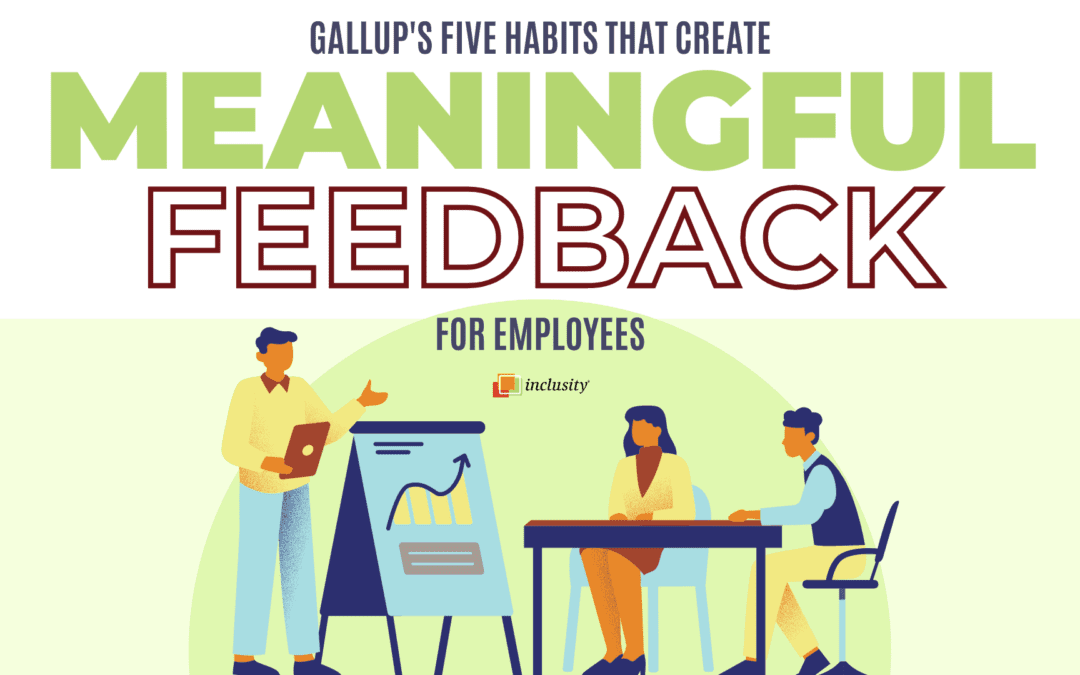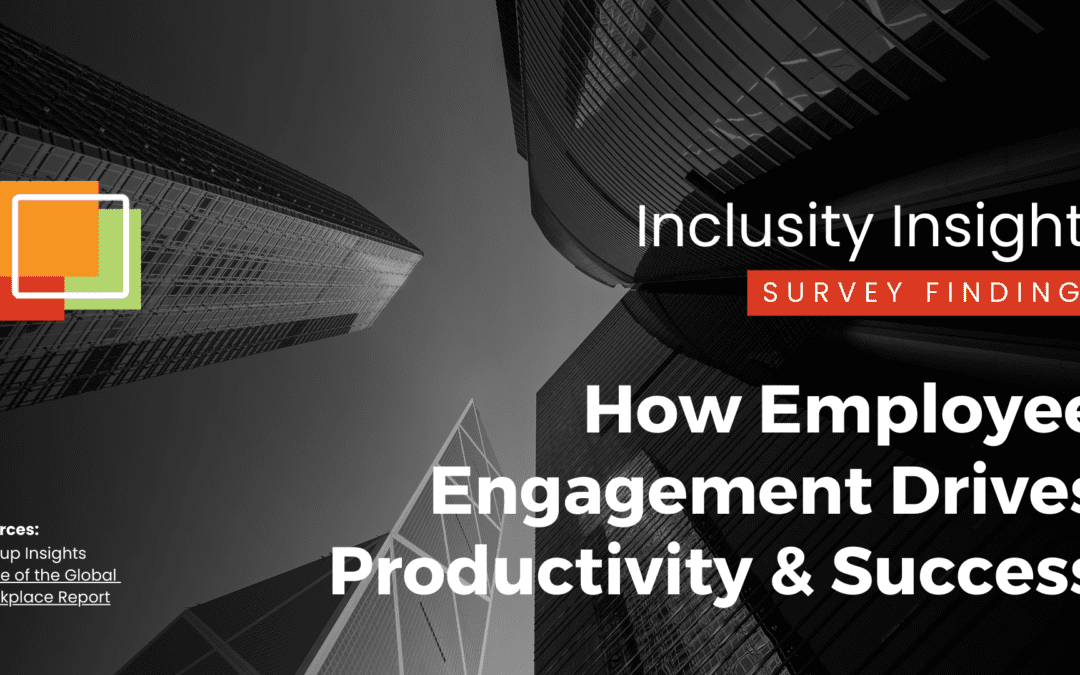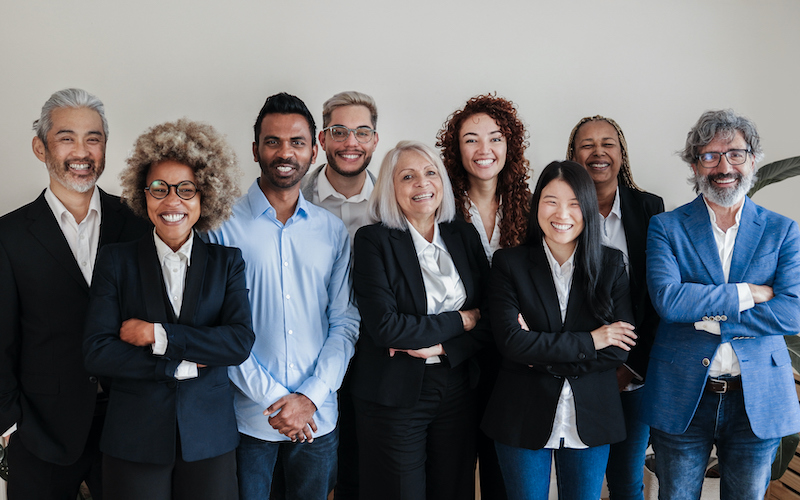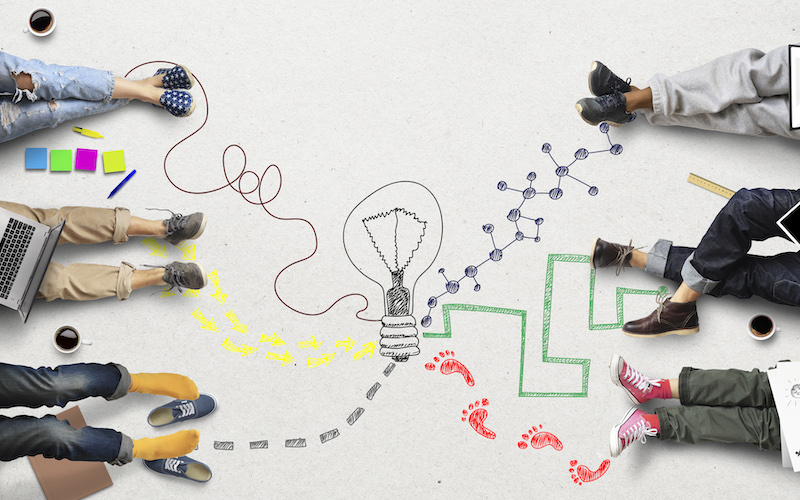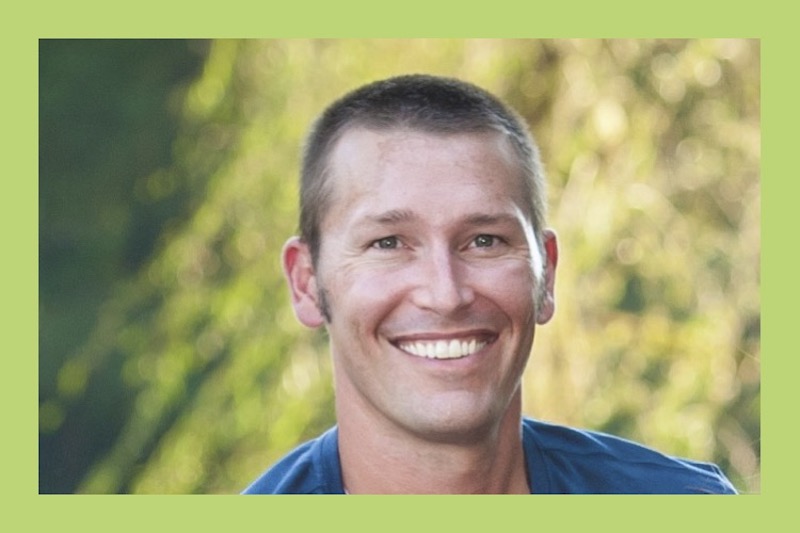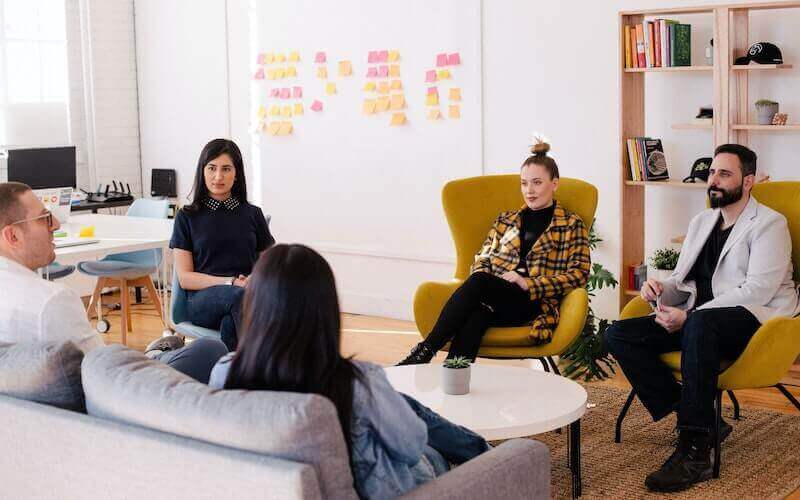“To hear Vern’s story first hand….his struggles, his perseverance, his drive, his inner thoughts, his wit, his connection to his community…was a gift for each and every one of us,” shared one participant following one of his presentations. Other participants call him “dynamic” and “super engaging.”
What’s the most inspiring part of your job?
The most inspiring part of being a facilitator is sharing personal life experiences with people who have no idea of what it means be Black in America. During our Racial Justice workshops, I tell my story from childhood in the segregated south to fighting for civil rights as a teen to working in corporate America in the ‘70s. This gives perspective to the conversation on race and helps to facilitate understanding. Just seeing the impact of my stories and sharing is very rewarding. People come in with limited knowledge, but they leave wanting to know more, understanding that people who look like me have a different reality when they come to work every day.
What does inclusion mean to you?
Inclusion is viewing all employees, regardless of their Elements of Individuality, as valuable and prized resources that can help the team achieve desired goals. If you can master the people skill of treating everyone in your organization with dignity and respect, inclusion becomes effortless. If treated with dignity and respect, employees will come to you and that gap that we call the social gap will close, and you can evaluate a person’s ability and what they bring to the job without the noise of difference – it’s just a person that you’ve hired with skills and talents.
How did you get involved in IDE work?
Spending 25 years in a corporate environment as a black man, I was a living example for diversity and inclusion. When I finished that career and I looked at what I achieved, why I achieved it, and what I went through to achieve it, I felt that I could spend the rest of my life helping others, based on my experience, navigating these environments. Those 25 years gave me the knowledge and real-life experiences that propelled me into this diversity and inclusion workspace for the last 27 years.
How has the IDE field changed since you first got involved in this work?
Early in my diversity and inclusion career, organizations gave lip service to the work. When organizations did engage in the work, it was a check-the-box engagement without the requisite commitment to see it through. There was something called a consent decree that may require an organization to do sensitivity training. It was a temporary solution to an ongoing issue. Today, organizations recognize the importance of valuing all employees and the unique differences that each bring to work each day. They address the issue of how to make those differences be sources of strength rather being divisive and a source of weakness.
I’ve seen progress, and this is one reason why I’m still doing this work 27 years later. Today organizations are engaging partners like Inclusity on this IDE journey so that they can understand what’s causing this divide and what are the issues, and as the issues bubble up, how can they address them. Inclusity has been working with numerous clients long term. What [these organizations are] trying to do is impact their culture, how they do business, and set the expectations of employees as they come to work every day as it relates to people. Most corporations are concerned with the product, the process, the profit. If you focus on your people, the other things will happen.
Do you have a motto or personal mantra?
When I was in high school, I was a jokester and always acting out. One day my high school guidance counselor was giving me one of her “you’ve got to be serious about life” talks and shared the following quote which I adopted as my personal mantra. “He who knows not and knows not that he knows not, is a fool, shun him. He who knows not and knows that he knows not, is a child, teach him. He who knows and knows not that he knows, is asleep, wake him. He who knows and knows that he knows, is wise, follow him.”
What are three career lessons you’ve learned?
Be prepared. When you’re prepared, you’re ready to compete with anyone. Understand where you are, meaning understand your environment and spend time learning the culture. When you understand the environment, you can make an informed decision that you’re where you need to be. Be receptive to take feedback. Constructive feedback is a gift. Typically people will not take the time to provide the feedback unless they were vested in your success. Change your mindset and try to see the message as an opportunity.
What advice would you give to someone who wants to join the Inclusity team?
Make sure that you have taken a deep introspective look at who you are. Once you’ve done that, ask yourself why do I want to do this work? What do I bring to the Inclusity environment that will make me a valuable resource to the team? And most importantly, am I ready to invest the time to get ready?

